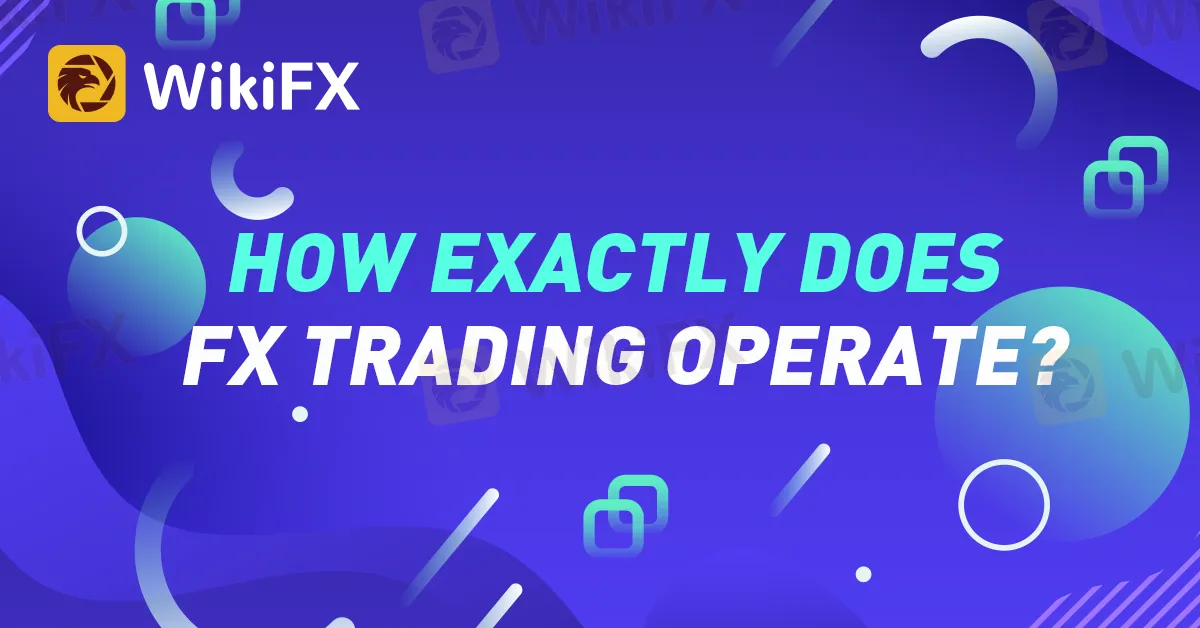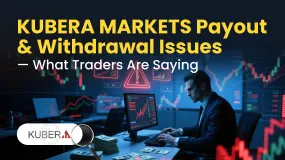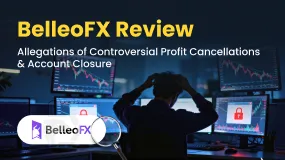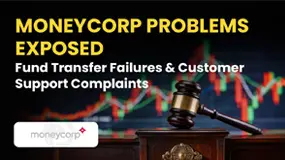Abstract:We frequently monitor the foreign exchange market to see how the Naira's strength (or lack thereof) is reflected. And keeping tabs on this relationship throughout 2020 has been interesting, if depressing.

We frequently monitor the foreign exchange market to see how the Naira's strength (or lack thereof) is reflected. And keeping tabs on this relationship throughout 2020 has been interesting, if depressing.
Regrettably, recent months have not been kind to the Naira. According to BBC News, the recent movement of the currency is part of a “double punch” to the Nigerian economy. The value of the Naira has fallen specifically in relation to the global oil market's collapse, COVID-19 outbreak has forced closures and hurt the overall economy.
The Naira has witnessed some declines in global currencies as a result of all of this. Indeed, we noted the Naira's depreciation against the U.S. dollar back in October in the post “Naira Falls Across Forex Markets as Dollar Supply Eases,” and its position has only gotten worse since then (with the dollar remaining surprisingly stable given the United States' own ongoing struggles with the pandemic).
This has meant that even while more people have become interested in forex, it for bad reasons.
Nigerians' desire to monitor the Naira's movement, oil crisis, the pandemic, and the broader economic challenges of 2020 is very understandable.
This is understandable, the notion that “forex” refers to more than just the interactions between currencies. In addition, it is (as you are probably aware) an active trading market where gains may be made by leveraging.
For those who are interested, how does forex trading actually work?
The easiest way to say it is that FXCM portrays the forex a place where you can trade currencies “much like equities”. Some people are under the misconception that exchanging money back and forth physically results in tiny gains when the connection is favorable. If you had used (about) 386 Naira to buy 1 USD and the Naira's value has now doubled, you could now use your USD to buy back 772 Naira, doubling your previous investment.
This is technically possible and is pretty much what most people do when they travel. Yet, the more traditional method of trading in the FX market is to treat it like the stock market. Trading in and out of so-called currency pairs is necessary to do this, just as you would with stocks. The currency pair USD/NGN stands for the Naira and the dollar. When you buy it, you are investing in the relative worth of the dollar; as a result, you will profit if the dollar increases in value when you sell the pair back. An approach that allows you to invest in the Naira's appreciation is to sell the pair.
If you choose to trade on the forex market, you'll immediately realize that the majority of pairs resemble our example in that all of the most frequently traded ones contain the U.S. dollar. According to NPR, the USD has held the unofficial title of “world's currency” for around 75 years at this point. This has given the dollar enormous value and global sway, and it has put it squarely in the middle of the forex market, where it normally trades against other major currencies. But, traders can also make bets on smaller currency pairs, such as the USD/NGN.
In the end, it's a really interesting market to interact with. And you might want to give forex a closer look if you're seeking for an alternate investment and want to take advantage of currency in the midst of the Naira's slump. Just keep in mind to do your study, come to your own conclusions, and, if you choose to trade, to do it ethically.










